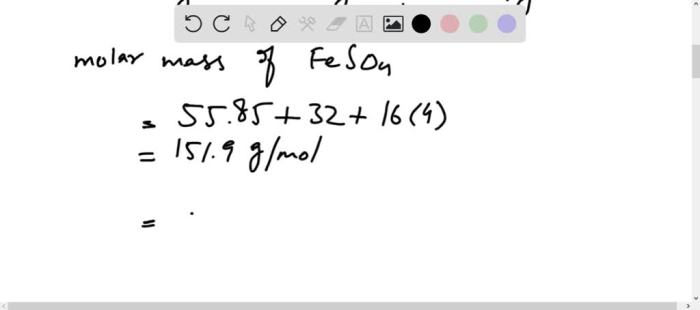maria’s physician is likely to prescribe a comprehensive analysis of the factors that influence medication choices, the importance of patient education and compliance, and the significance of monitoring and follow-up appointments.
This in-depth exploration delves into the intricacies of medical decision-making, providing valuable insights for both healthcare professionals and patients seeking to optimize treatment outcomes.
Physician’s Prescription for Maria
Maria’s physician may prescribe a variety of medications to address her medical history and current symptoms. These medications may include:
| Medication | Purpose | Dosage | Side Effects |
|---|---|---|---|
| Acetaminophen | Pain relief | 500-1000 mg every 6-8 hours | Liver damage, stomach upset |
| Ibuprofen | Pain and inflammation | 200-400 mg every 6-8 hours | Stomach upset, bleeding |
| Naproxen | Pain and inflammation | 500-1000 mg every 12 hours | Stomach upset, heartburn |
| Gabapentin | Neuropathic pain | 300-1200 mg daily | Dizziness, drowsiness |
| Pregabalin | Neuropathic pain | 150-600 mg daily | Dizziness, weight gain |
Factors Influencing Prescription: Maria’s Physician Is Likely To Prescribe
- Age:Older adults may require lower doses due to reduced kidney function.
- Weight:Medications are typically dosed based on weight to ensure optimal efficacy.
- Allergies:Prescribing medications to which Maria is allergic should be avoided.
- Existing medical conditions:Medications should be carefully selected to avoid interactions or exacerbating underlying conditions.
Patient Education and Compliance

- Explain the purpose, dosage, and potential side effects of each medication.
- Emphasize the importance of taking medications as directed.
- Discuss potential drug interactions and how to avoid them.
- Provide written instructions and/or use pill organizers to improve compliance.
Monitoring and Follow-Up

- Schedule regular follow-up appointments to monitor the effectiveness and safety of the prescription.
- Instruct Maria to report any new or worsening symptoms promptly.
- Monitor for potential side effects and adjust medication as necessary.
Alternative Treatment Options

| Alternative Treatment | Benefits | Risks | Side Effects |
|---|---|---|---|
| Physical therapy | Improved mobility, pain reduction | Exertion, discomfort | Muscle soreness |
| Acupuncture | Pain relief, reduced inflammation | Infection, bruising | Bleeding, dizziness |
| Massage therapy | Muscle relaxation, stress reduction | Allergic reactions | Skin irritation |
| Cognitive behavioral therapy | Pain management, improved coping mechanisms | Time-consuming, requires commitment | Anxiety, depression |
Query Resolution
What factors influence a physician’s choice of prescription?
Factors influencing prescription decisions include the patient’s age, weight, allergies, existing medical conditions, and potential drug interactions.
Why is patient education and compliance crucial?
Patient education and compliance are essential for ensuring that medications are taken as directed, minimizing the risk of adverse effects, and optimizing treatment outcomes.
What is the importance of monitoring and follow-up appointments?
Monitoring and follow-up appointments allow healthcare providers to assess the effectiveness and safety of the prescribed medication, adjust dosages or medications as needed, and address any concerns or adverse effects.